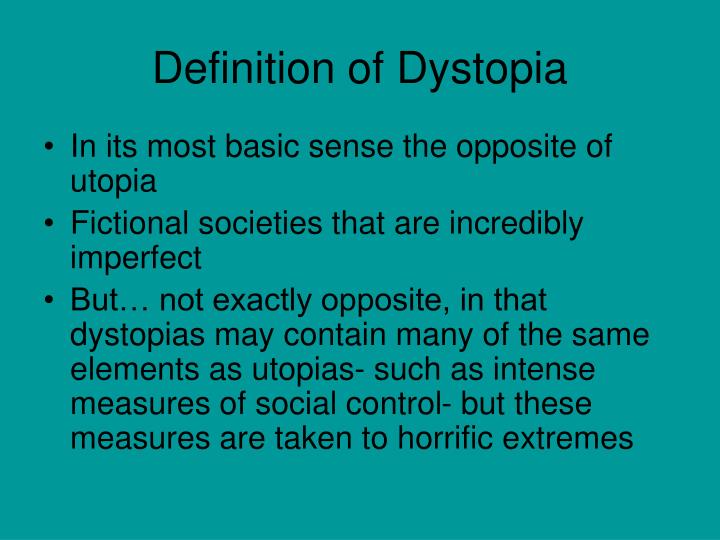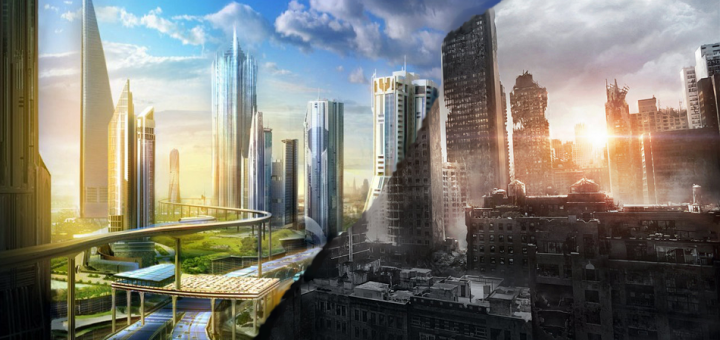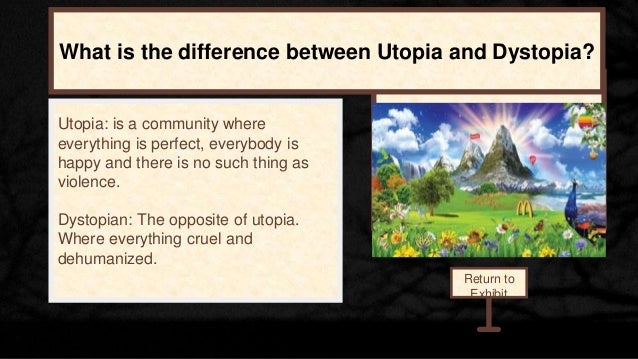

Lyman Tower Sargent argues that the nature of a utopia is inherently contradictory because societies are not homogeneous and have desires which conflict and therefore cannot simultaneously be satisfied. of Utopia, comments on the difficulty of defining the term now. Literary utopias focus on, amongst other things, equality, in such categories as economics, government and justice, with the method and structure of proposed implementation varying based on ideology. Utopianism in Eighteenth-Century Ireland, by Deirdre N Chuanachin, Cork University.

We value dignity and believe that everyone is worthy of honor and respect. We at UTOPIA believe in the importance and worth of every person in a society, we aim to assist in building that leadership.

One person can make a significant impact in the universe. In standard usage utopia is used both as defined here and as an. In common parlance it is synonymous with "impossible", "far-fetched", and "deluded". Tiny is the flower, yet it scents the grass around it. A non-existent society described in considerable detail and normally located in time and space. However, the term can also denote actual experiments in what participants regard as a vastly superior manner of living, generally in what are termed intentional communities. The opposite of a utopia is a dystopia, which dominates the fictional literature from the 1950s onwards, chiefly because of the impact of George Orwell's Nineteen Eighty-Four (1949). A utopia is a seemingly perfect society, one without flaws, where everyone is content and conflict and strife are unknown. In entomology, a genus of coleopterous insects. Hence lowercase A place or state of ideal perfection. Throughout history there have been many attempts to set up utopian societies. The term was coined by Sir Thomas More for his 1516 book Utopia, describing a fictional island society in the south Atlantic Ocean off the coast of South America. An imaginary island, described by Sir Thomas More in a work entitled Utopia, published in 1516, as enjoying the utmost perfection in law, politics, etc. Utopia is a term used to describe an ideal or nearly perfect place, usually in the context of a society or community. Editors Contribution (0.00 / 0 votes) Rate this definition:ġ) A book named 'Utopia' written by Sir Thomas More.Ģ) A utopia (/juːˈtoʊpiə/ yoo-TOH-pee-ə) is an imaginary community or society that possesses highly desirable or nearly perfect qualities for its citizens.


 0 kommentar(er)
0 kommentar(er)
